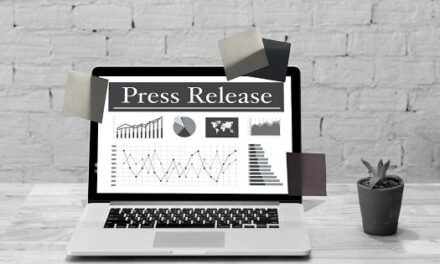One of the main threats to psychological safety is the volume of email that employees are expected to handle on a daily basis and, increasingly, the workload that results from these new messages. Keeping up with all the new inputs we receive from a wide range of technological devices takes up a lot of our time each day.

#1: Stress
Stress is a key issue in the workplace, bearing several negative outcomes, with Information Overload being a significant contributor. A large-scale survey of academic and administrative staff at an Australian university showed that staff who receive work email on their mobile devices report that, because colleagues know they are always accessible this heightens the perceived pressure to respond quickly; staff consider it stressful to leave a message alone when the sender knows that it has been received.
#2: Chronic Distraction
The opposite of attention is distraction, an unnatural condition and one that can kill – chronic, long-term distraction is as dangerous as cigarette smoking. In particular, there is the great myth of multitasking. No human being can effectively write an e-mail and speak on the telephone. Both activities use language and the language channel in the brain can’t cope. Multi-taskers fool themselves by rapidly switching attention and, as a result, their output deteriorates. Evidence from research shows that people in chronically distracted jobs are, in early middle age, appearing with the same symptoms of burn-out as air traffic controllers. They might have stress-related diseases, even irreversible brain damage. But the damage is not caused by overwork, it’s caused by multiple distracted work.
#3: Attention Deficit Disorder
When a manager is desperately trying to deal with more input than he can possibly handle, the brain and body get locked into a reverberating circuit while the brain’s frontal lobes lose their sophistication, as if vinegar were added to wine. Those affected do not have what is considered clinical Attention Deficit Disorder; they simply cannot focus on a task without compulsively checking their e-mail, voice mail and/or surfing the Internet. The result is black-and-white thinking; perspective and shades of grey disappear. People with ADT have difficulty staying organised, setting priorities, and managing time, and they feel a constant low level of panic and guilt.
#4: Lowered IQ
The advent of highly mobile technology offers massive productivity benefits when used responsibly, but
inappropriate use can be negative for not just productivity but also for our IQ. It seems workers are literally addicted to checking email and text messages during meetings, in the evening and on weekends. In a series of tests carried out by Dr Glenn Wilson, Reader in Personality at the Institute of Psychiatry, University of London, an average worker’s functioning IQ falls ten points when distracted by ringing telephones and incoming emails.
#5: Constant pressure to respond
In many studies, staff at all levels have revealed a strong sense of pressure to respond to incoming email in a very short time frame. While prompt responses are sometimes part of explicit organisational policy, this pressure to respond quickly has developed as a norm and several studies report a tangible impact of this normative pressure to respond quickly can lead to strain, overload, compulsive checking and reactive decision-making. In addition, a culture where email use had become highly embedded in one’s work (and therefore likely to consume major portions of people’s daily work activity), combined with norms for quick responding leads to these behaviours becoming automated/habitual and even compulsive, creating addictive tendencies for the individual.
#6: Lack of Trust
When there is a lack of trust within an organisation, a ‘covering your back’ email norm can emerge that is reflected in overuse of ‘cc’ and ‘bcc’ emails, presenteeism (being busy with email instead of undertaking productive work) and the suspicion that leads to keeping audit trails of email conversation threads/chains. When email is used to ‘cover your back’ in these ways, it arguably not only reflects but exacerbates the lack of trust. Because email is so convenient there is a danger that workers can end up ‘hiding behind’ email; using it to avoid sensitive or controversial conversations, or even to avoid personalised face-to-face contact. Hiding behind email in this way creates a lack of respect and regard for the initiator and can diminish trust
#7: Self esteem
When individuals feel overloaded by email a lack of capacity to deal with email effectively with all its demands, it has a negative impact on their self-esteem and confidence. For example, when asked to estimate how often they checked their email and compared this with objectively derived software monitoring figures, workers predicted they checked email around once every hour, when in fact it was more like once every five minutes. This demonstrates a misalignment of objective measures of physiological strain with well-being.






















